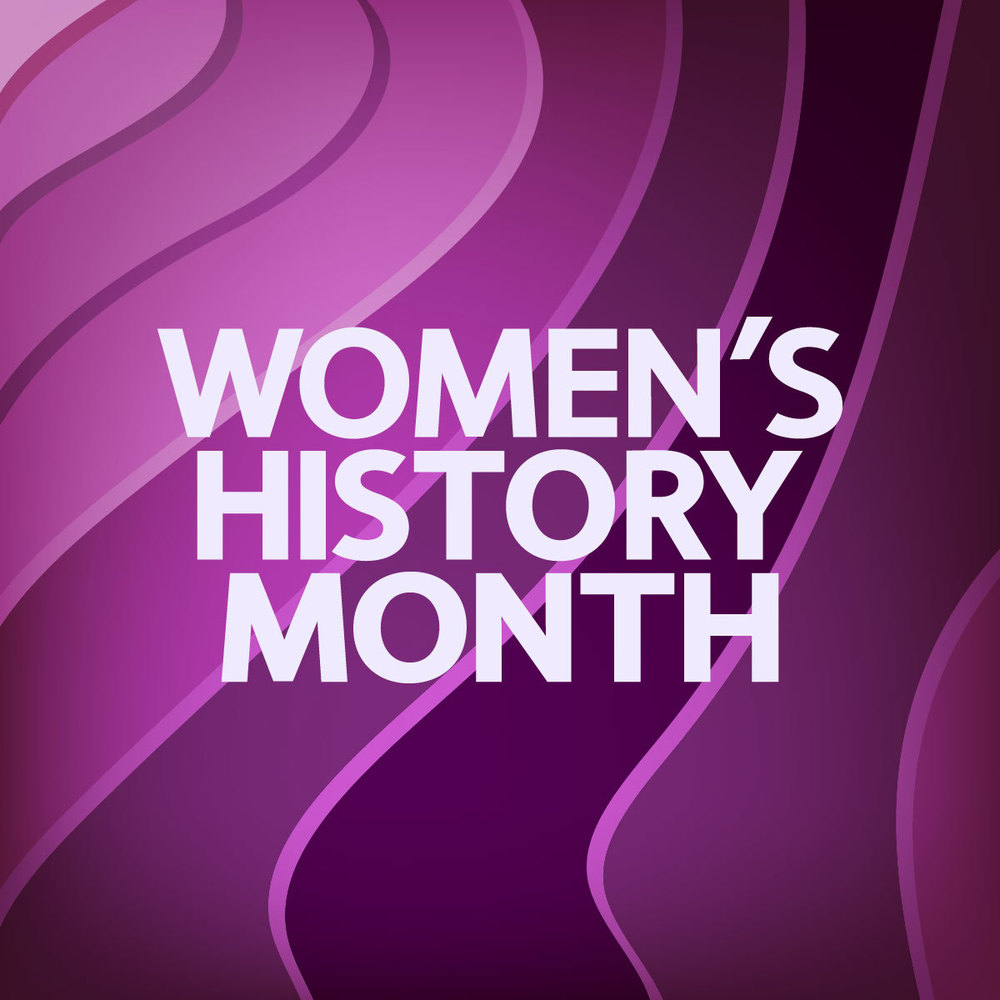Every March, Women's History Month offers a special opportunity to teach children about the incredible contributions women have made to society, history, and culture. In elementary schools and at home, this month serves as a time to educate and inspire young minds, helping them understand the importance of gender equality and the achievements of women throughout history.
The origins of Women's History Month date back to 1981 when the U.S. Congress authorized Women's History Week, coinciding with International Women's Day on March 8. The movement gained momentum, and in 1987, the National Women's History Project successfully petitioned Congress to expand the celebration to the entire month of March. Since then, schools and families across the country have embraced this time to highlight women's contributions and inspire students of all backgrounds.
Parents play a crucial role in helping children appreciate and understand Women's History Month. Here are some meaningful ways to celebrate at home:
Read Together: Choose books about inspiring women in history, such as "Good Night Stories for Rebel Girls" or "She Persisted" by Chelsea Clinton.
Watch Educational Films and Documentaries: Family-friendly documentaries and movies about influential women can spark great discussions.
Visit Museums or Virtual Exhibits: Explore museums that highlight women's contributions, either in person or through virtual tours.
Support Women-Owned Businesses: Shop from local or online businesses owned by women and discuss their contributions with your children.
Write Letters to Inspiring Women: Encourage kids to write letters or draw pictures to thank influential women in their lives, such as teachers, healthcare workers, or family members.
Have Conversations About Gender Equality: Discuss the importance of fairness and equality, helping children understand why celebrating women's achievements matters.
Celebrating Women's History Month at home helps foster a culture of respect and inclusivity. By teaching children about the achievements and struggles of women throughout history, we encourage them to appreciate diversity and recognize that everyone, regardless of gender, has the potential to make a difference.
As we celebrate the women who have shaped history, we must also encourage the next generation to dream big and break barriers. Women's History Month in schools and homes is more than just a celebration—it is an opportunity to inspire young learners to become leaders, innovators, and changemakers of the future. By making learning engaging and meaningful, we ensure that the contributions of women are recognized and valued for generations to come.

